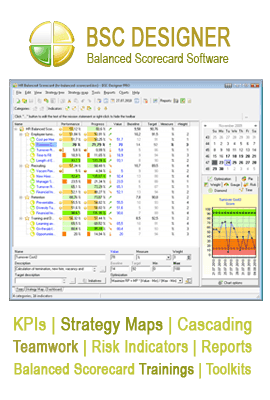Crisis Scorecard
We have been hearing the news that world is passing through the worse ever economic recession. With so many organization (which include even financial institutions) already closed there are still others that are trying hard to keep operating even at break even point. All economies are in a state of crisis regardless of the type of industry. There are organizations that are failing to pay their debts off and there are others that are seeking downsizing as an option to save their drowning boat. Still there are others that are moving to other markets in order to lower the cost of manufacturing with many others that consider merger as the surviving mechanism in these worse times of crises. As a matter of fact almost every business is so overwhelmed with overcoming these crises that it has given rise to a whole new discipline – the crisis management.
Is there any way for an organization that guarantees survival in this tough time? Of course, there is! The only option with which a business is left is to manage the resources in a more careful way and utilize them in the right place to gain maximum output out of them; especially when macro economic factors are hard to influence than ever. Crisis Scorecard is such a great tool that helps an organization to manage and control the financial resources in the best possible way.
Crisis Scorecard is a balanced approach that equips the businesses with a proactive strategy to fight the threats in their internal and external environment. In fact the real issue in managing the crises is identifying the key indicators that should be paid more attention. Unfortunately, many businesses are not clear in their vision; where do they stand and where they want to be in shorter and longer run. Still there are companies that go after short term goals and forget its impact on their long term planning. A scorecard approach not only helps an organization in identifying these key performance indicators that are relevant to a specific business and project but also allow the management to control and evaluate the processes as they pass through various phases of completion. For example, we all know that the ultimate goal of a business is to maximize shareholders’ wealth. To achieve this goal one business should take account of all the risk factors involved before taking some decision about a specific project. A scorecard approach guides the management in highlighting the risk factors involved, their impact on short term and long term organizational goals and thus suggests a balanced strategy to address these risks yet not putting the shareholder’s wealth at stake. Then Crisis Scorecards does not stop at highlighting the best strategy but also let a business evaluate the performance of key players involved which makes an organization learn from its mistakes and implement the change for the best thus, leading to the path of survival and success even in the time of crisis!
